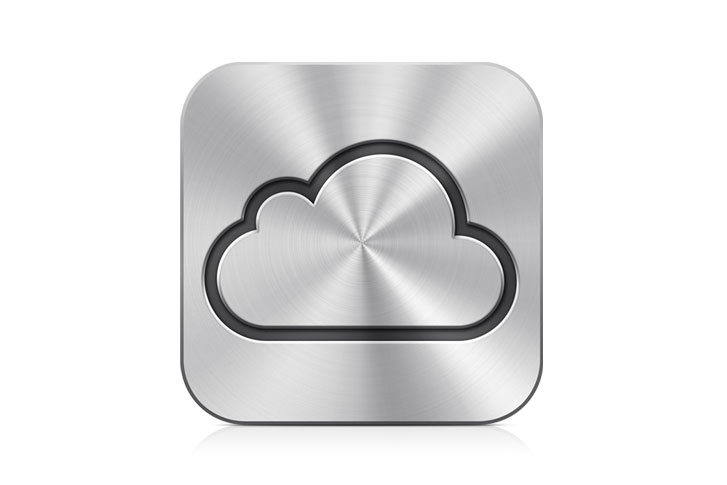
Apple isn't known for its market-leading cloud services. MobileMe, the company's last attempt, was better known for its reliability problems which CEO Steve Jobs tacitly acknowledged in his keynote introduction of iCloud. The new cloud service is still consumer-oriented and shares some of the same features as MobileMe, but there's still some items of interest for businesses.
So what is iCloud?
iCloud stores your calendars, contacts, emails, documents and photos on Apple's servers. This content is then automatically pushed to your Mac/PC and all your iOS 5 devices. If a change is made on one device, such as a new calendar entry on your iPhone 4, this new information will automatically appear on all your other devices.
5GB will be provided free for storing emails, documents and backups of your iOS device settings.
5GB will be provided free for storing emails, documents and backups of your iOS device settings. More storage will be available for a fee, the details of which have yet to be announced, but you can synchronise books and music bought from iBooks and iTunes, as well as your photos, without those files using up the free 5GB.
Emails from Apple's no-fee, ad-free me.com email service will also be synchronised as part of iCloud.
iCloud will be built into new versions of the existing iOS Mail, Calendar and the Contacts/Phone apps. Documents can be accessed using a new Documents in the Cloud app, as well as the paid-for iWork apps. It's unclear whether third-party apps will be able to access iCloud services, especially Documents in the Cloud.
Sign up today and you will receive a free copy of our Future Focus 2025 report - the leading guidance on AI, cybersecurity and other IT challenges as per 700+ senior executives
iCloud doesn't sound very different from Google Apps.
Some of iCloud's features match much of what Google Apps does already, such as synchronised contacts and calendars as well as push emails. There are some features that are unique to iCloud though.
Photos and videos recorded on your iOS device, as well as texts, ringtones, iOS and app settings, will be automatically backed up to iCloud. The backup process will occur whenever the iOS device is being charged.
Photo Stream, as Apple calls it, will store your most recent 1000 photos in the cloud for 30 days. The uploads will occur automatically. Macs and PCs will store all of your photos permanently (in either iPhoto on a Mac or the Pictures folder on Windows), but on iOS devices photos will have to be moved to an album to be saved permanently.
-
 Morgan Stanley research warns AI is having a huge impact on jobs
Morgan Stanley research warns AI is having a huge impact on jobsNews Analysis of five sectors highlights an "early warning sign" of AI’s impact on jobs
-
 AI is “forcing a fundamental shift” in data privacy and governance
AI is “forcing a fundamental shift” in data privacy and governanceNews Organizations are working to define and establish the governance structures they need to manage AI responsibly at scale – and budgets are going up
-
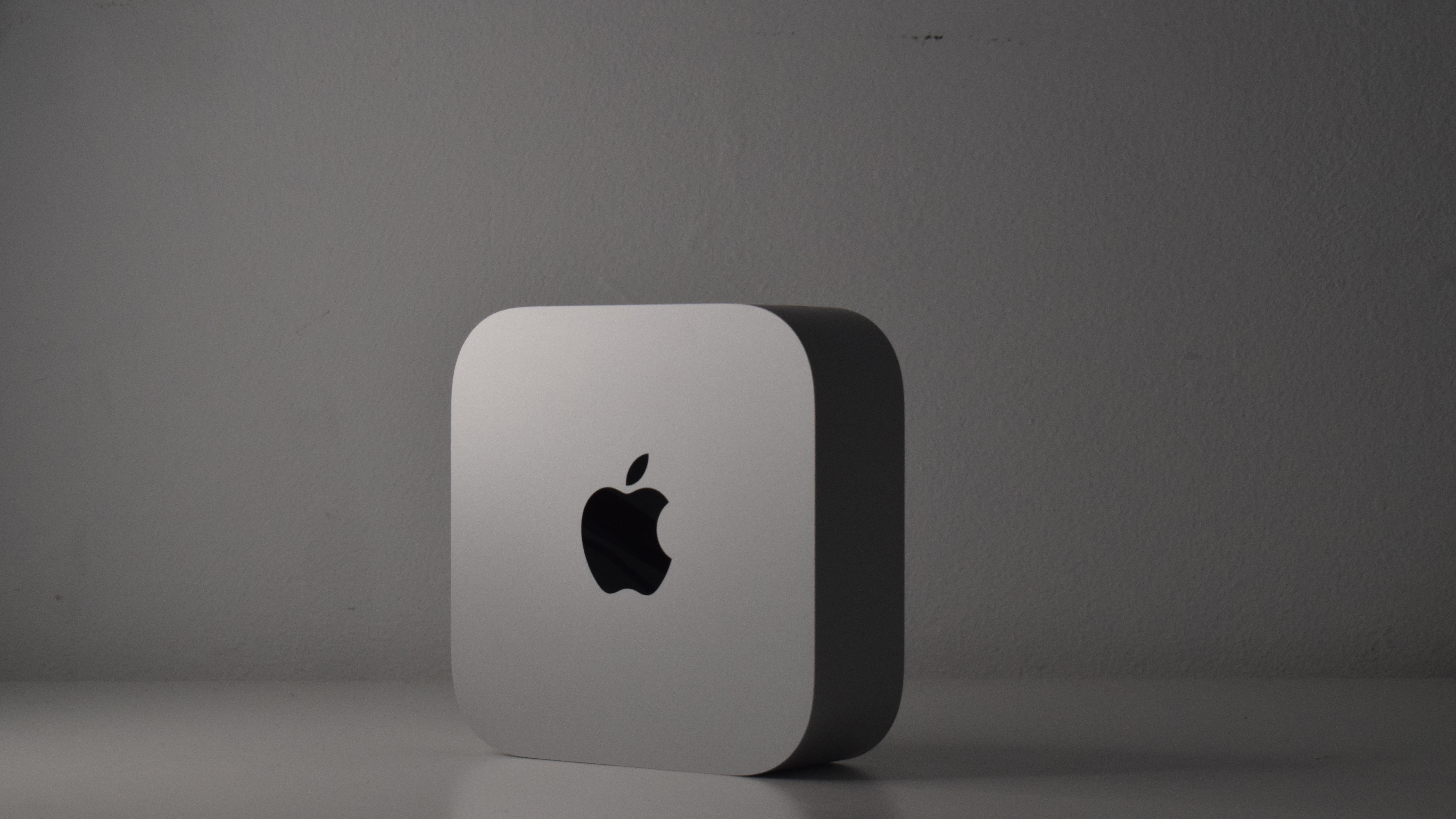 The Apple Mac Mini M4 is an affordable powerhouse that's perfect for any office desk – and it's also utterly adorable
The Apple Mac Mini M4 is an affordable powerhouse that's perfect for any office desk – and it's also utterly adorableReviews A changed design, an M4 chip, and more value for money, this is probably the best mini PC available right now
-
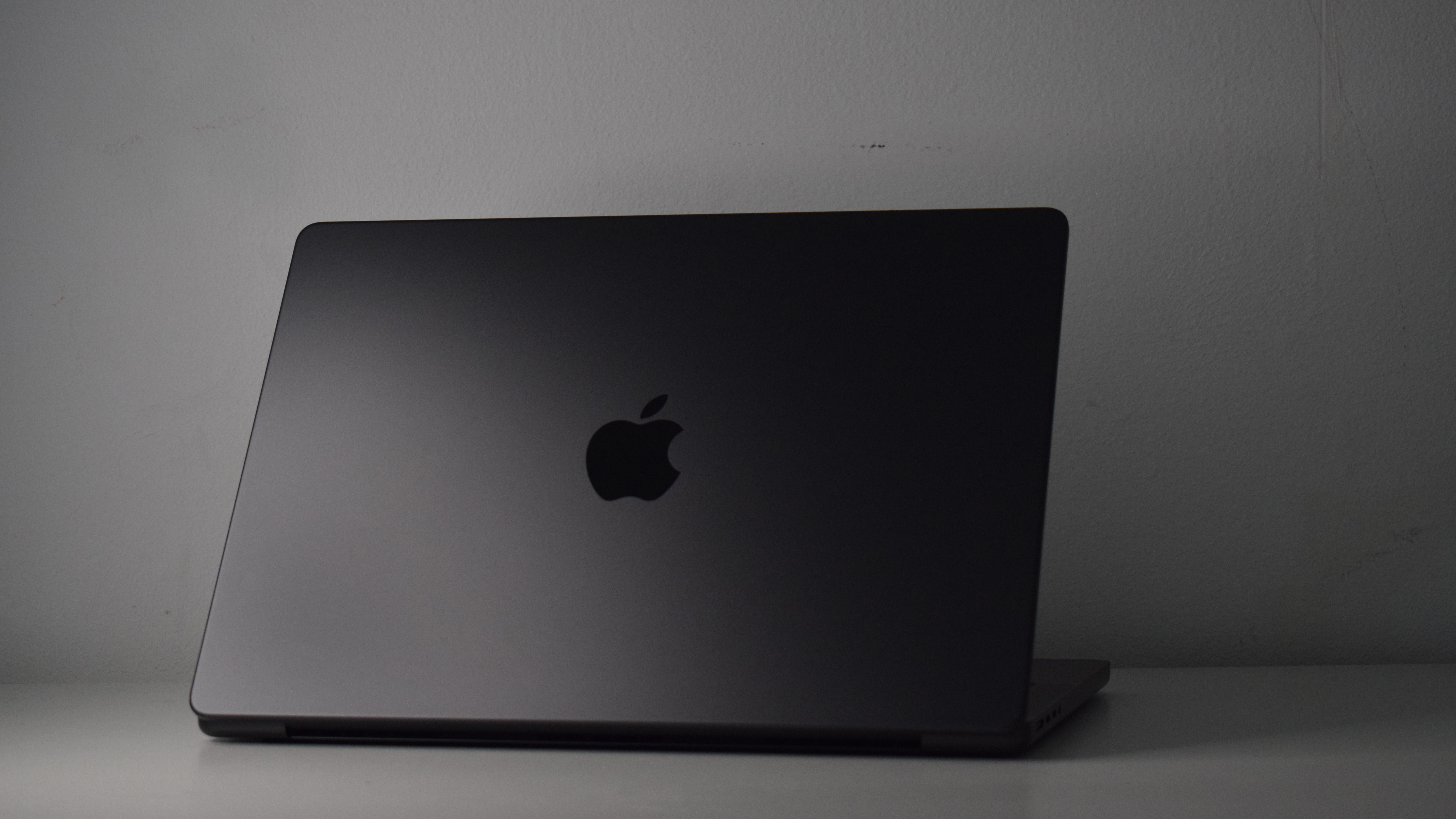 You will not believe the battery life on the Apple MacBook Pro 14in M4
You will not believe the battery life on the Apple MacBook Pro 14in M4Reviews A MacBook to outlast them all – the Pro comes with a cool design, intelligent features, and 20 hours of battery life
-
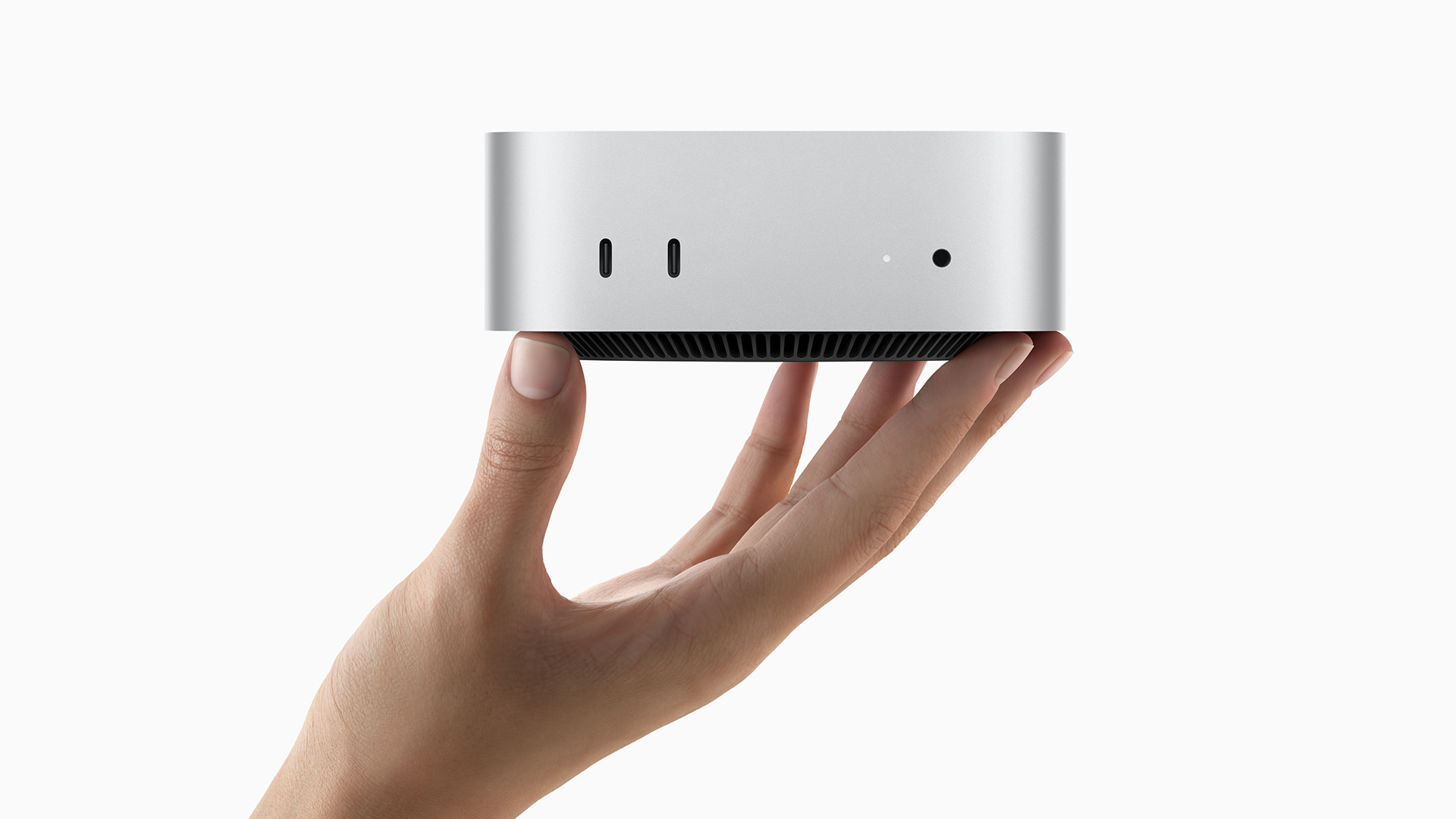 Apple’s ‘carbon neutral’ Mac Mini is small and compact, but packs a mighty punch with the new M4 chips
Apple’s ‘carbon neutral’ Mac Mini is small and compact, but packs a mighty punch with the new M4 chipsNews With a pint-sized footprint only half the size of its M2 predecessor, the M4 and M4 Pro edition of the Mac Mini promises to bring an unprecedented size-to-performance ratio
-
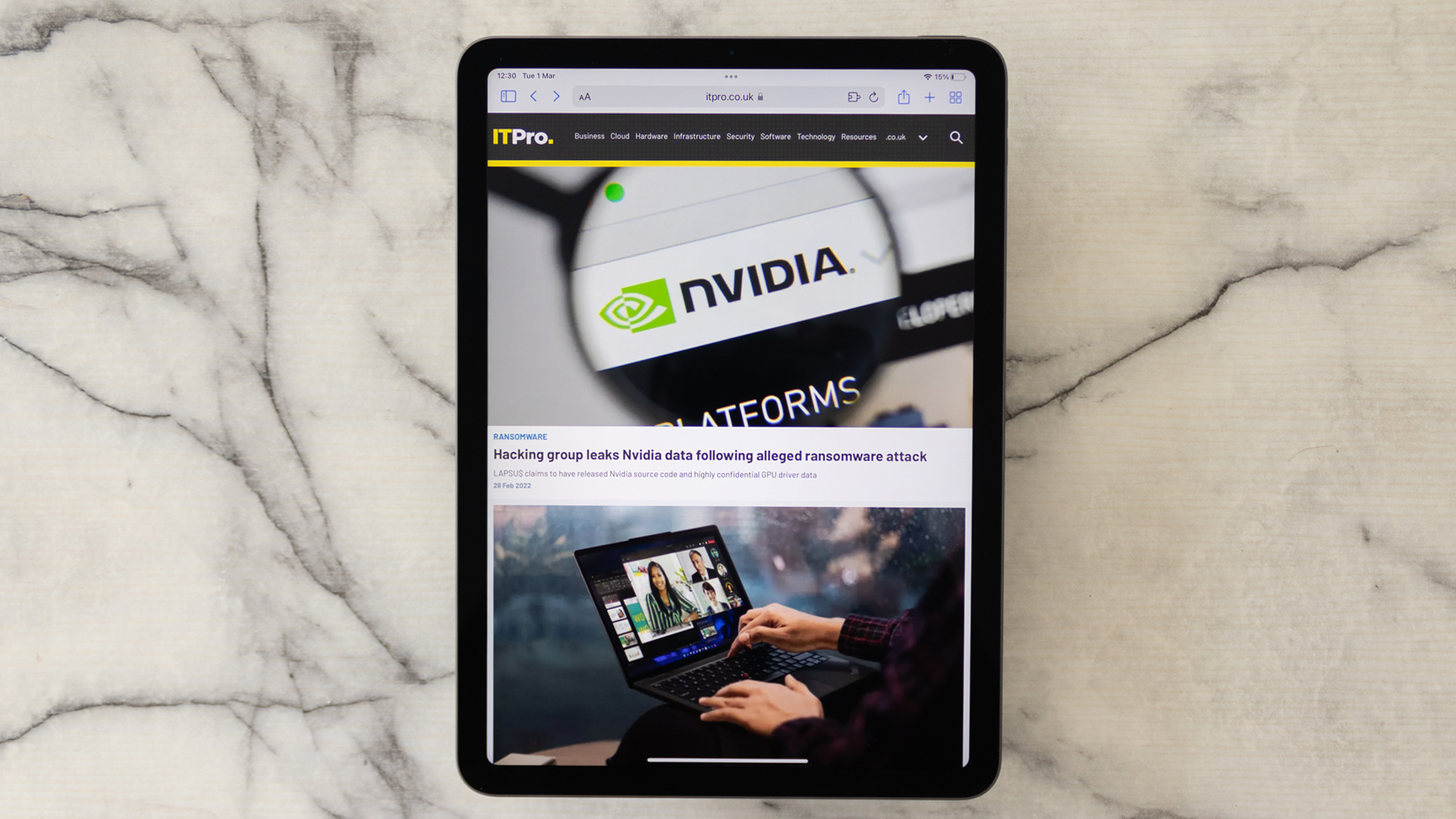 Apple iPad Air (2020) review: The executive’s choice
Apple iPad Air (2020) review: The executive’s choiceReviews With the iPad Air’s most recent redesign, Apple has delivered the best bang-for-buck tablet money can buy
-
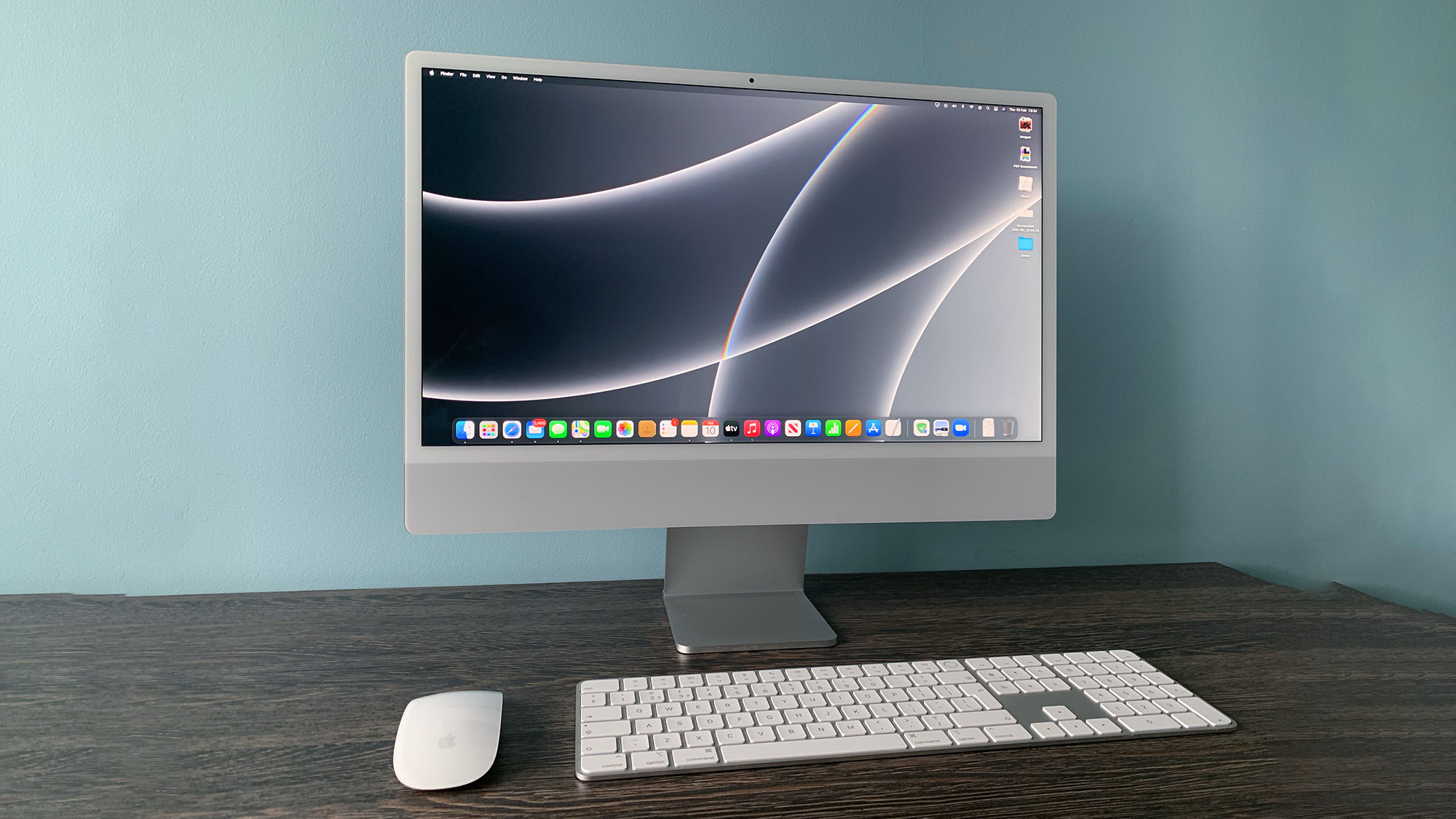
 Apple 24in iMac (Apple M1, 2021) review: Apple’s iconic desktop all-in-one, reborn
Apple 24in iMac (Apple M1, 2021) review: Apple’s iconic desktop all-in-one, rebornReviews The smaller iMac switches to Apple silicon and gains a completely new appearance
-
 In praise of the early adopters
In praise of the early adoptersOpinion The IT industry needs early adopters like you – and tech that fell by the wayside should still be celebrated
-
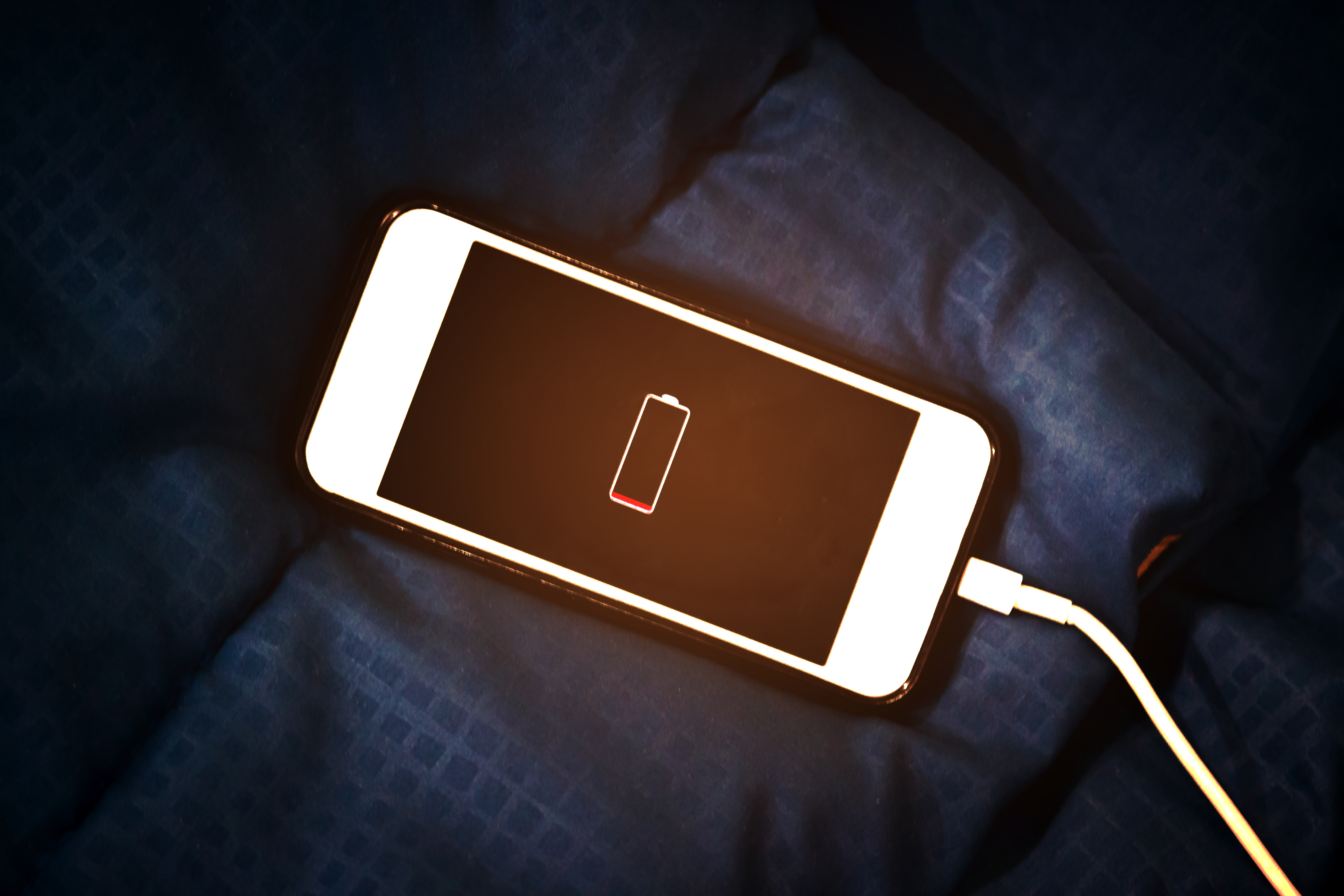 Apple is experimenting with attention sensors to save battery life
Apple is experimenting with attention sensors to save battery lifeNews Your next Apple device may shut down if you are not paying attention to it
-
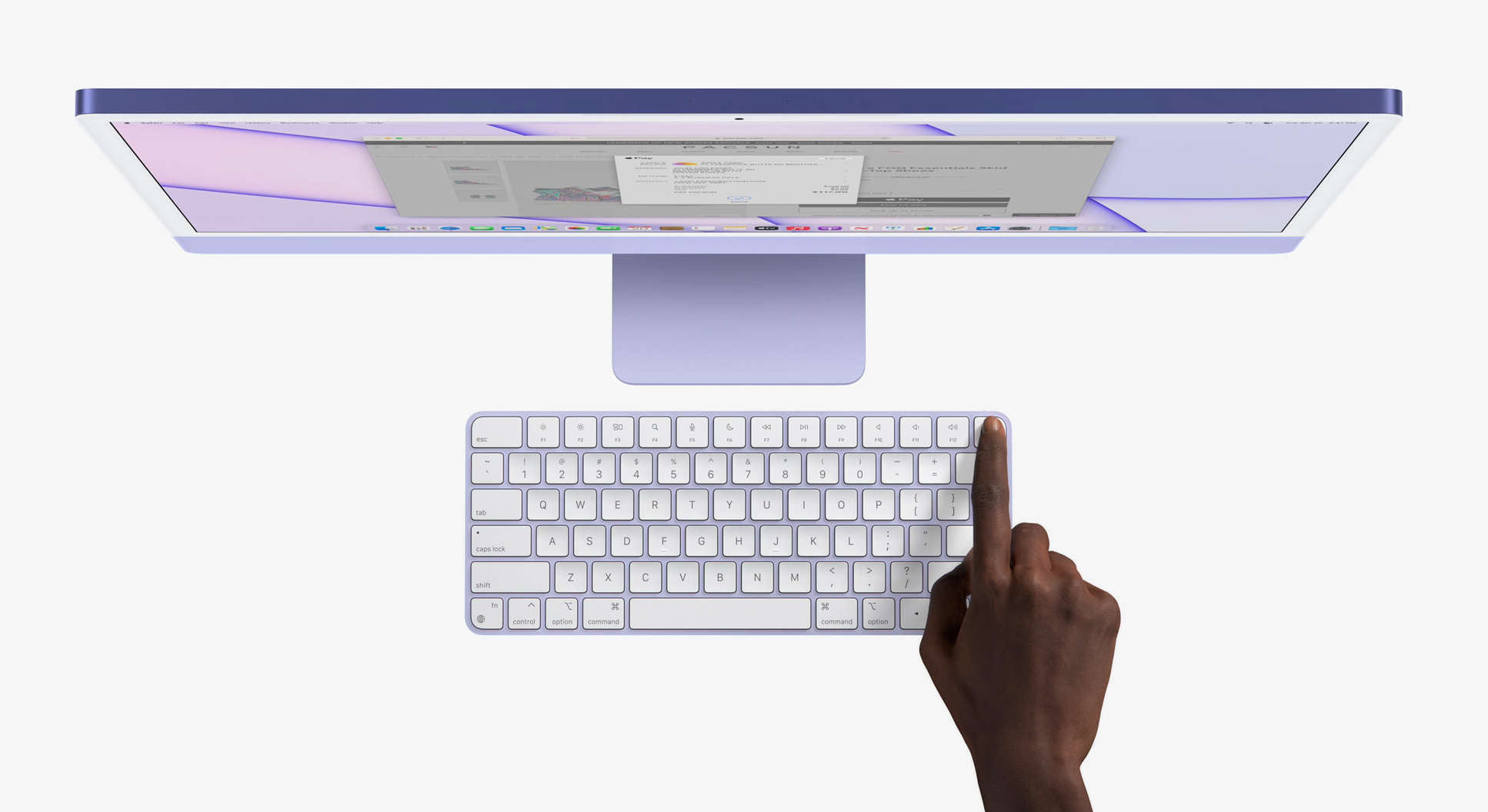 Apple unveils M1-powered iPad Pro and iMac at April 2021 event
Apple unveils M1-powered iPad Pro and iMac at April 2021 eventNews The new Apple Silicon hardware will be available to order from April 30